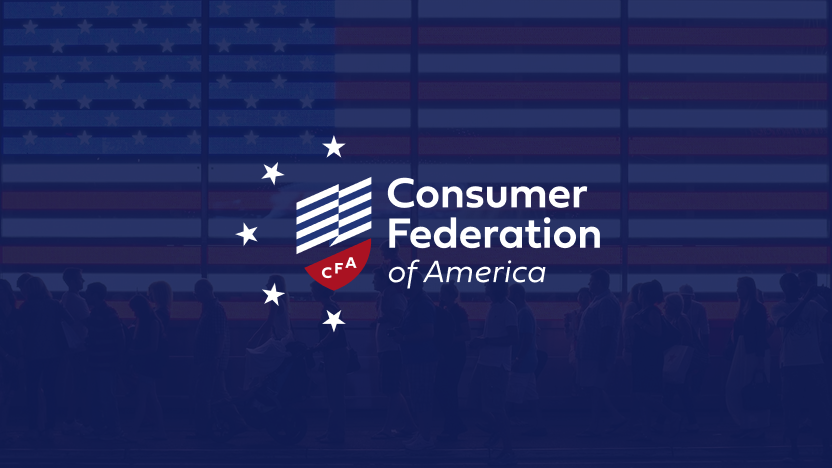January 13, 2021
•
2 min read
New Research Shows that Most Black Americans Worry About Their Financial Futures and Also Lack a Personal Savings Account

Washington, D.C. – Today, America Saves, a program of the Consumer Federation of America (CFA), released a new study – Black American Finances and Savings in a COVID Era – that utilizes new data from the Federal Reserve Board’s latest Survey of Consumer Finances (SCF) and from a recent survey of 1,003 representative Black Americans commissioned by America Saves.[i] The report found:
- A significant majority of those surveyed by America Saves (59%) expressed concern about their financial future.
- One reason for this worry may be lack of adequate savings. According to the Federal Reserve’s SCF, well under half of Black households (42%) have a savings account and/or money market deposit account at a bank or credit union, and many with an account said they were not saving enough to meet emergency expenditures.
- A large majority of the respondents do not make “regular and automatic” deposits in savings or money market deposit accounts.
- A large majority of those without savings accounts, in the America Saves survey, would “seriously” or “probably” consider opening an account if their bank or credit union encouraged them to do so and charged no monthly fees.
[i] The omnibus survey questions were written by CFA and administered by ENGINE Insights on November 12-17, 2020, to 1,003 Black adult respondents online.
Contact: George Barany, gbarany@consumerfed.org
Our Subject Matter Experts

Adam Rust
Director of Financial Services

Brad Lipton
Senior Fellow (Visiting)
Press Releases

Trump’s CFPB Once Again Harms Servicemembers
The Consumer Federation of America released the following statement in response to today’s decision by the Consumer Financial Protection Bureau (CFPB) to withdraw the 2024 consent order filed against Navy Federal Credit Union (NFCU) for charging illegal surprise overdraft fees.

Anti-Competitive State Laws Cost New Car Buyers More Than $20 Billion Per Year

Congressional Proposal Does Little to Protect Consumers from Unknowingly Purchasing Wrecked Cars

